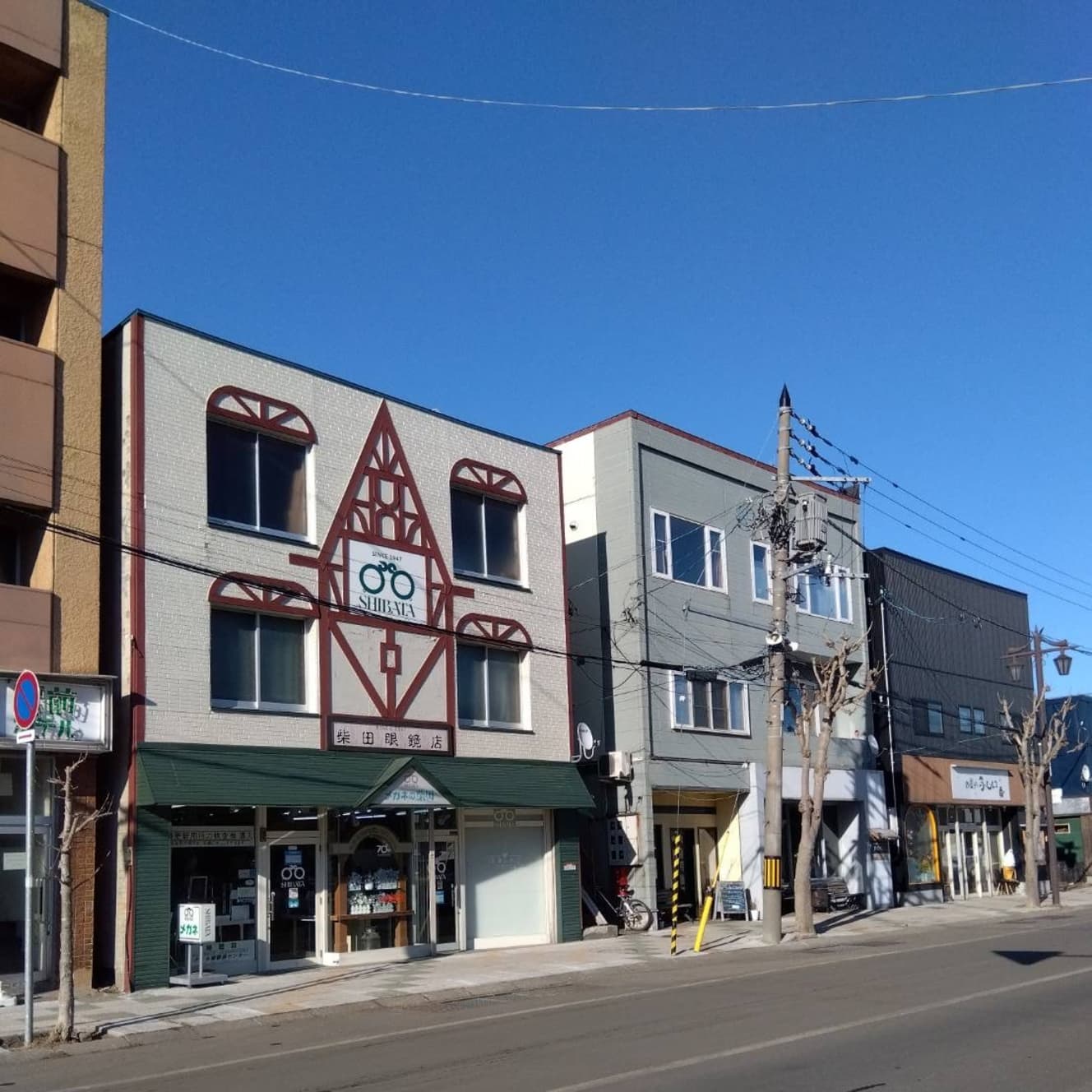Resale of Niseko’s Urban Area: Are Foreigners the Savior of Vacant Homes?
What will happen to staff dormitories in downtown offices and residential areas during the summer when employees and instructors who work in the resort area are gone? Will people stop coming and going?
The owner who bought a house to house his staff rents it out from May to October to a company that undertakes Shinkansen-related construction work or condo construction. So during that time, workers at construction sites and construction sites live there.
Many owners used to rent houses or apartments only during the winter, but since the year before last, the number of contracts for year-round rentals has increased dramatically. This is because it is difficult to find rental properties after the fall.
Nevertheless, some properties owned by foreigners have no residents, and houses with snow on the roof left on during the winter months are causing problems.
‘ People from Asia buy a house privately and leave it alone while they are not staying there. In the winter, snow piles up on the roofs, making them dangerous, and residents in the neighborhood call the town office to complain about it. The town hall then contacts the property management company to request that the snow be removed from the roof. We also receive calls, so we try to respond within a few days.

Many foreign landowners… and the local government’s redevelopment plan has run into difficulties.
As Takiguchi-san mentioned, one of the reasons why foreign investors are targeting real estate in the city center is because of the soaring land prices in Niseko. Yoshito Tanaka, who runs a ski rental and real estate leasing business and served three terms as a member of the town council until last March, said, “For example, if I were to buy a ski resort in Niseko Hirafu, I could sell it to a foreign investor.
For example, whenI returned to Niseko Hirafu in2003, the land price was 30,000 yen per tsubo, but now it is priced at 1 million yen per tsubo.
In the urban area, real estate prices are also rising due to the opening of the Shinkansen bullet train line. In anticipation of this trend, I hear that foreigners who are not involved in major projects are buying real estate from businesses on the street in front of the station.
According to a Hokkaido Shimbun report in 2008, the Kutchan Chamber of Commerce and Industry and the town of Kutchan acquired a corner of land in the shopping district in front of the station and a neighboring lot in 2003, respectively, with plans to create space for restaurants and goods sales. However, the project fell through at the beginning of 2008. The reason seems to be the influx of speculative money in anticipation of the opening of the Shinkansen bullet train, and repeated land sales, which caused land prices to skyrocket.
The Doshin also reported that “the number of absentee landlords, including foreigners, has increased over the past few years” and that “the shopping district is in a toothless state.
The street in front of the station is still in a toothless state. Most of the land and buildings in front of the station are owned by foreigners, and there are quite a few properties left unattended by foreigners who bought them.
As of the end of January, the foreign population of Kutchan increased 65.5% over the same period last year to 2,897. They account for 17.5% of the total population of 16,596. In terms of the number of households, there are 2,622 foreign-only households, 25.8% of the town’s total of 10,151 households.